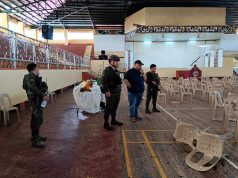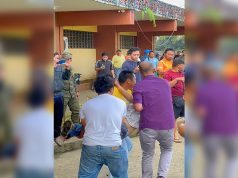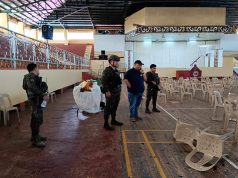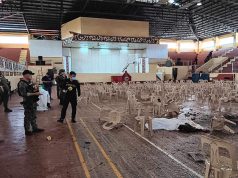MANILA – On Tuesday, July 4, the Supreme Court voted, with one dissent, to uphold the constitutionality of President Duterte’s 60-day martial law proclamation in Mindanao. Associate Justice Teresita Leonardo de-Castro was one of 11 who voted to uphold it completely.
Here’s how the SC’s Public Information Office summarized her opinion:
1. Justice De Castro is of the opinion that Article VIII, Secs. 1 and 5 of the 1987 Constitution do not restrict the Court’s jurisdiction to the actions mentioned therein. The lack of specific rules governing such a petiton (*questioning the sufficiency of the legal basis of a proclamation or suspension) does not prevent the Court from exercising its constitutional mandate to review the propriety of such a proclamation or suspension. Under the Rules of Court, the Court may adopt any rule or procedure for this purpose.
2. She expressed the opinion that the Court is not bound to strictly comply with the usual rules on the burdens of proof for so long as procedural due process is complied with. She agrees that the quantum of evidence should be probable cause.
3. She concurs with the ponencia that the President had sufficient factual basis for the proclamation and the suspension considering that the respondents had shown that the series of violent acts and atrocities were “intended to lay the groundwork for the eventual establishment of a DAESH wilayah or province in Mindanao.”
4. On the territorial scope of Martial Law, Justice De Castro took the position that the Constitution gives to the President the discretion to determine the territorial coverage or application of martial law or suspension of the privilege of the writ of habeas corpus. The President should be given wide latitude to define the metes and bounds within which such a proclamation and suspension should take effect.
Below, full text of her opinion:








